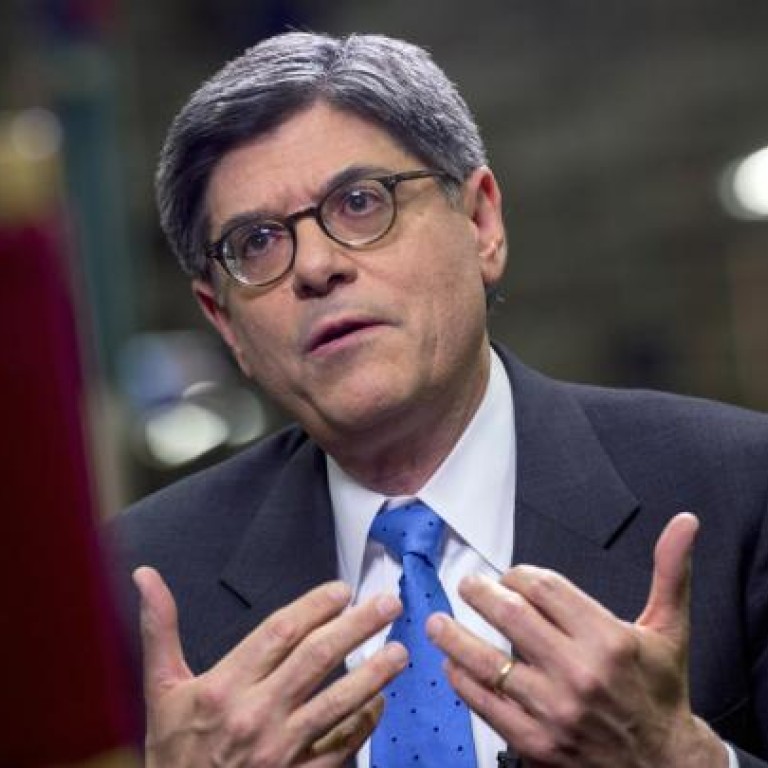
Sino-US talks vital for tackling range of global problems
China's relations with other countries all but ground to a halt for six months during the transition to a new leadership. With Xi Jinping affirmed as president and his governing team under Premier Li Keqiang in place, it is once again business as usual for foreign policy.
China's relations with other countries all but ground to a halt for six months during the transition to a new leadership. With Xi Jinping affirmed as president and his governing team under Premier Li Keqiang in place, it is once again business as usual for foreign policy. There was an immediate flurry of diplomatic activity as soon as the National People's Congress ended at the weekend. So there should have been - there is no more important country when it comes to the world's most pressing issues.
Congratulations poured in from friends and foes alike in the wake of Xi's taking office. But quickest off the mark when it came to face-to-face meetings was rightly the US, China's biggest trading partner and greatest rival. Treasury Secretary Jack Lew held symbolic talks with Xi and Li, foreshadowing visits next month by Secretary of State John Kerry and the chairman of the Joint Chiefs of Staff, General Martin Dempsey. Challenges and scepticism abound, necessitating not only re-engagement, but sustained communication and co-operation.
Yet the earliest Xi and his US counterpart, Barack Obama, are likely to meet is September. Xi's first foreign trip is to Moscow to see Russia's President Vladimir Putin, and then he travels to Africa. The trail was blazed by his predecessor, Hu Jintao, and is in keeping with China's interests - oil, gas and other natural resources and markets for goods and expertise. There is every reason for Chinese and American leaders to promptly hold talks; working together, they offer the best chance of solving the problems of the region and world.
Japan's Prime Minister Shinzo Abe also wants to see China's leaders, the territorial dispute over the Diaoyu Islands having soured relations. China and Japan, as the world's second- and third-biggest economies, need to put the matter aside so that trade and investment can continue unhindered. Hu spoke of foreign relations in terms of strategic partnerships, but pragmatism now has to hold sway. Li's stated approach has been of "shared interests", which is far more practical.
This has to be especially so where China and the US are concerned. Together, they hold the key to solving the world's problems - the European economic crisis, nuclear proliferation in North Korea and Iran, and the civil war in Syria foremost among them. Resolution lies in taking the lead, co-operation and multilateralism. Through tapping shared interest, there is every chance of distrust and uncertainty being swept aside.

